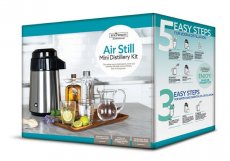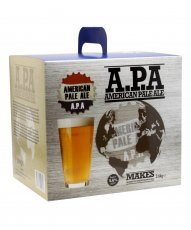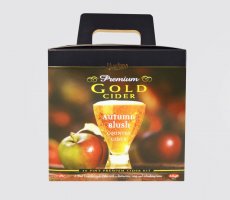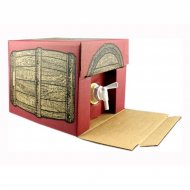Sign up to the Brew Mart newsletter for the latest news, offers & more
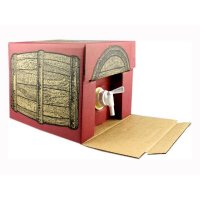
Wine Barrels
BARRELS FOR WINE
Wooden Barrels for wine have always been the traditional choice. However, plastic wine barrels are becoming more popular due to their ease of cleaning and sterilization, cost-effectiveness,
Using a wine-making barrel made from either wood or plastic can be a fun and rewarding project for wine enthusiasts.
Here's a general overview:
- Barrel Design: Determine the size and shape of your desired wine barrels.
- Consider factors such as capacity, aesthetics, and available space for storage.
- Barrel Material: Traditional wooden barrels for wine are made from oak, which imparts distinct flavours and characteristics to the wine. However, using oak might be impractical or costly for a home brewer.
- For smaller wine barrels, you can explore alternative materials, such as food-grade plastic or stainless steel.
- Barrel Sealing: Ensure the barrel is watertight. Ensure that all joints and seams are tightly sealed for plastic or stainless steel barrels.
- Barrel Maintenance: Wine barrels require regular maintenance to keep them in good condition.
- You'll need to hydrate wooden wine barrels by occasionally filling them with water to prevent the wood from drying out and shrinking.
- Plastic or stainless steel wine barrels are generally easier to maintain, requiring less upkeep.
- Wine Aging: Once your wine barrel is ready, fill it with your homemade wine. Please ensure the wine is fermented correctly and clarified before transferring it to the wine barrel for ageing.
- The ageing process in the barrel allows the wine to develop more complex aromas and flavours over time.
- Storage: Find a suitable location to store your wine barrels. Ideally, it should be in a cool, dark, and well-ventilated area to maintain stable temperature and humidity.

